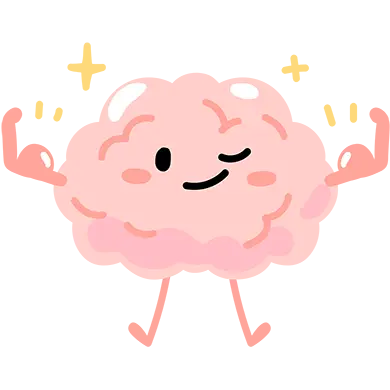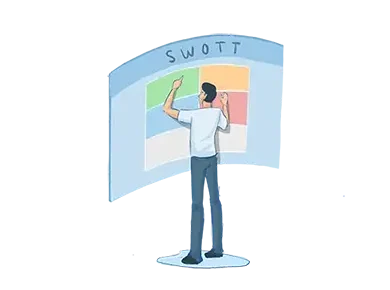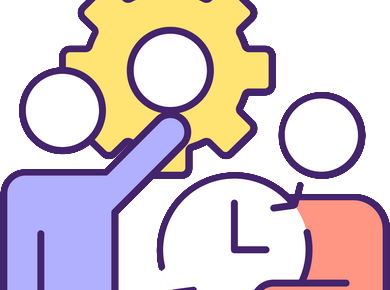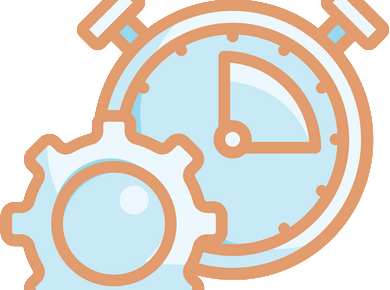If you are stressed out constantly at work and are always tired, it is time to embrace mindfulness. Mindful work involves activity management that can help you get through daily tasks logically. By taking a breather, you can give your overworked brain a break and become more productive at the same time.
When it comes to working productively, you need all of your mental and physical faculties in the best of health. If you try to say answer ALL of the emails you have, refuse to delegate, or take on more work than you can manage, you can burn out easily. This is not mindful work rather it is you refusing to be more mindful of your health.
What is Mindfulness?
To understand this notion, you have to understand how our mind works to process information. Our thoughts are governed not only by the present but also by past and future events. What this means is that we make decisions based on our experiences. Unfortunately, if we allow them to overcome us, we end up losing sight of our goals.
Mindfulness allows us to remain aware of our thoughts and to fight against the pull of past experiences, especially traumatic ones. Think about it. If you spent time thinking about how embarrassed you felt when your boss chewed you out, you will lose your productivity and never get anything done. However, if you shut out that memory and focused on present tasks, you can heal and grow at the same time.
Benefits of Mindfulness and How to Reap Them in your Work Life
You should nurture this habit if you want to keep your thoughts from straying into destructive territory. It can help you to slow down and rationalize the next step. It will also allow you to slow down your racing thoughts. That alone can do a lot better than 10 cups of coffee!
Sure, the caffeine can boost focus and productivity for a while. But, once it wears off, you can crash and burn. By making the mindfulness part of your daily life, you will not need that crutch.
Here are just some benefits you can enjoy and how you can reap them:
1. Absorb New Information Easily
The best way to create space in your mind is to declutter it. It allows us to take a break from critical thinking. Think of it as taking a break after running full tilt on a treadmill. The act allows the muscles (of your brain) to come down from a high-stress level. Failure to do so can lead to stress, decreased productivity, burnout, and can even stunt your thought process. (Yes, that may be why you are spacing out more than you should at work).
Mindfulness Activity to improve productivity– We fail to take in critical information when our brain is overloaded with negative thoughts. Whenever you feel one rearing its head, replace it with a positive one. You cannot keep beating yourself for something you cannot control. Accepting that fact is the best way to mindful workdays.
For example, if a client cancels a project because of your mistakes, breathe and allow the stress to pass through you. Tell yourself you will learn from the experience, not allow the negative feelings that come with it to control you.
2. Adapt to New Situations Quickly
If you want to advance in your career, adapting to new skills and situations is critical. That is pretty much the yardstick that potential employers will measure your suitability with. If you can acclimate to new and unpredictable situations calmly, you can be a better leader. Mindfulness can help you attain and maintain that state.
Mindfulness Activity for better productivity – The best way to be mindful in this case is to ensure you have control over your emotions. Realize that you do not need to react to every incident because that will also affect your productivity. You have to delegate your responses to them, not allow stress and anxiety to take over.
For example, if someone says something unflattering to you, pause. Allow your brain to analyze the meaning behind the words. Did they say those things because they do not like you or are stressed out? Either way, that pause will give your mind time to realize that you should not take those words seriously.
3. Solve Problems Quickly
If you are not mindful of the work you need to do, you will waste time on unnecessary tasks and again the productivity will be very low. The tendency will also prevent you from solving problems quickly. Mindfulness can allow you to free yourself from distractions, which may otherwise derail you. That way, when you are in the middle of a challenge, you will not get overwhelmed easily.
Mindfulness Activity to be more productive – When you are faced with a difficult challenge, change your perspective. Try to look at it from different viewpoints to understand it or change its meaning. A busy and productive mind keeps anxiety at bay, which may otherwise make you lose the plot. For example, say you have a ton of emails to answer. Rather than going at them one by one, which most people may do, work smartly. You can answer them according to urgency level or answer ones that require small replies first. Either way, you can reduce your workload slowly, but surely.
4. Nurture Your Creative Side
A key aspect of mindfulness is divergent thinking i.e. our ability to come up with new ideas. This can prove invaluable in the workplace, especially one in which the stakes are high, such as a bank. Divergent or creative thinking can help you to think of different solutions to a problem and liberate your brain from distractions. In other words, it will allow you to look at things around you from a different (and calm) perspective
Mindfulness Activity to become productive again – An imaginative brain is a calm brain. Freestyle as many ideas as you can for the problem and then wait. Allow the brain to slow down, relax, and allow your mind to organize your memories. At some point after that, you will get an Aha! moment – a solution that may be an amalgamation of the ideas you brainstormed. After that, you can allow your cognitive function to take over to fine-tune the solution. It is time for you to be productive again.
5. Enhance Your Vitality
When you come to work each day, you bring a certain amount of energy with you. We are not just talking about your physical state. A vital mind can think critically and does not allow unnecessary clutter to overwhelm our senses. In other words, it can allow us to stay focused and enjoy the work we are doing.
Mindfulness Activity to regain your productivity – If you are in a state of high alert 24/7, your mind will get exhausted. If you refuse to wind down, you will always feel tired even after getting a good night’s sleep. The best way to keep the brain vital is through meditation. It is, perhaps, the single best thing you can do to not only relax but also unwind.
You do not even have to get up from your workstation to do it. There are several small breathing exercises you can do. For example, if you find yourself stressed out, inhale for seven seconds, hold and exhale for eight seconds. Do this a few times, your stress will melt and you will regain your productivity.
6. Increase Empathy for Others
Empathy may be the last thing on your mind if you work in a competitive environment. However, it can go a long way to make you more mindful and thus, less stressed. It allows us to understand how others think and resonates with them on an emotional level. In other words, empathy opens us to new perspectives, which can improve our problem-solving skills.
Mindfulness Activity to improve productivity – If you are a manager, take time to get to know each member of your team personally. Chat with them over the water cooler or make plans with them outside work. Get to know their hobbies, what their family is like, and what they are passionate about.
This will do two things. It will allow you to break the ice and it will make your team members more receptive to your instructions. Of course, it will also go a long way to hone how mindful you are, which will only be good for your productivity, therefore for your business.
Mindfulness is just our way to give our brains a break. Besides making us better people in general, it also introduces positivity in our lives. If you look at the bright side each time you are faced with a challenge, you can come out of it easily.






